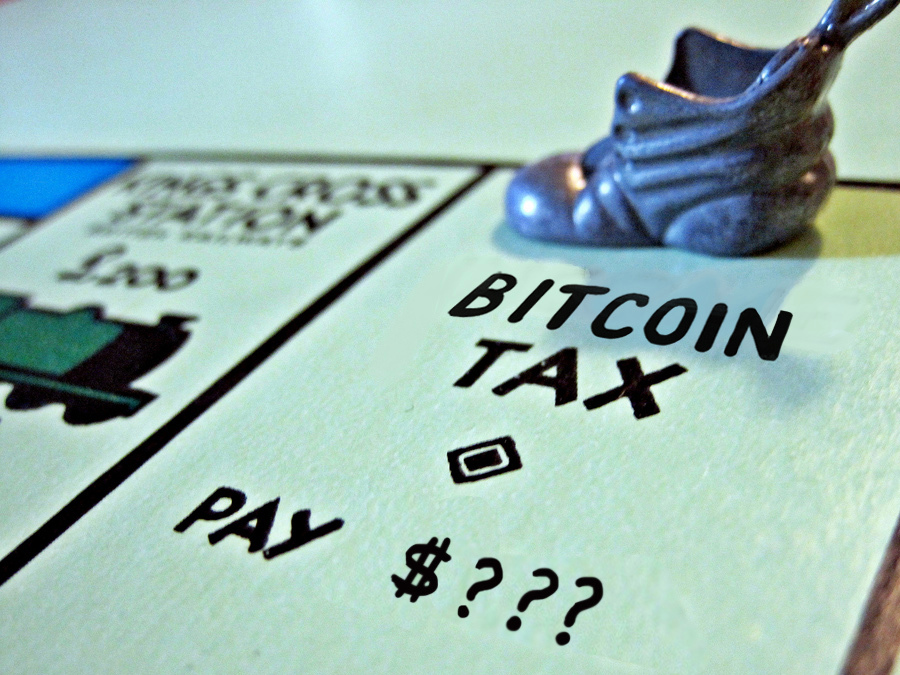Even though India is straddling the regulation fence when it comes to cryptocurrencies, the country’s major banks have taken the decision to temporarily close the accounts of a few of India’s top Bitcoin exchanges.
According to the Economic Times, The State Bank of India, Axis Bank, HDFC Bank, ICICI Bank and Yes Bank are a few of the financial institutions that have provisionally shut down accounts of some top-performing exchanges. Anonymous sources have said that the closure is based on the fact that the exchange accounts were being used for a different reason than for what they were initially opened for.
It has previously been reported that even though India has not banned cryptocurrencies, the government has been attempting to regulate exchanges.
Possible Suspicious Activity
Suspicious Transaction Reports need to be filed with the Financial Intelligence Unit by banks if anything out of the ordinary comes up on the accounts of the exchanges. A banker who prefers to remain anonymous said:
We have asked some of these companies to explain the businesses that they are involved in and why it was not specified when opening the accounts. We will also be flagging some of these suspicious transactions with the concerned agencies.

Extensive and Expensive Guarantees on Lending
In addition to the closures, the banks are seeking more collateral on loans, and have also banned cash withdrawals from some exchanges.
A source said:
Since last month, banks have been asking for additional collateral with 1:1 ratio.
Sources have said that 10 exchanges have been targeted including Unocoin, Zebpay, CoinSecure, and BtcxIndia. The latter three, and most of the banks, have not responded to the suspension claims.
An emailed response from Sathvik Vishwanath, a promoter of Unocoin, to Economic Times stated:
The banks have not contacted the company or the promoters regarding the actions you have mentioned.
In addition, an anonymous banker involved has said:
Reserve Bank of India has not issued any directive to us, it’s a cautionary move on our part. We are wary about the purpose for which some of these current accounts are being used.

The Lucrative Business of Crypto Tax
Authorities have also been looking into the tax implications of these exchanges, of which the top 10 could account for as much as $6 billion. A tax official who is part of a team looking into possibly applying a sales tax on Bitcoin exchanges had this to say:
These exchanges tend to show the total volumes both on buy and sell side as their revenue. In many instances, the exchanges themselves buy and sell cryptocurrencies on their own platform.
A suspension of accounts will result in an inevitable cashflow issue for these exchanges, leading promoters to even offer their personal property as collateral. Even so, an investment banker has said that these platforms produce high revenue and strong margins. He did, however, add:
We would not like to invest till the taxation part is clarified.
As in most countries, tax processes on cryptocurrencies still remain unclear in India. Even so, two exchanges have already asked the Authority for Advance Rulings to determine if exchanges are required to pay goods and services tax (GST).
What do you think of these alleged temporary suspensions? Do you think exchanges in India should be subjected to tax deductions? Let us know in the comments below!
Images courtesy of AdobeStock, Shutterstock











